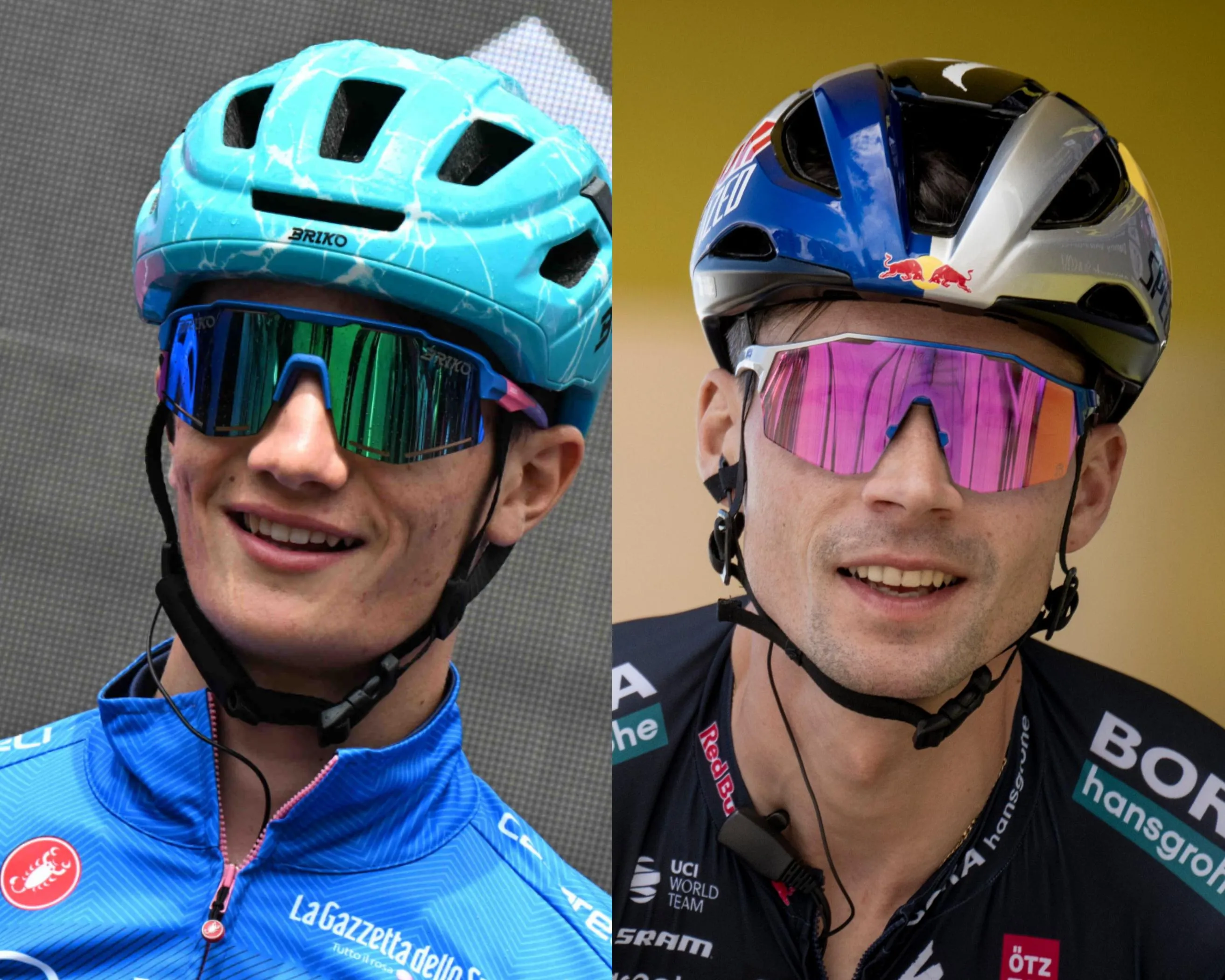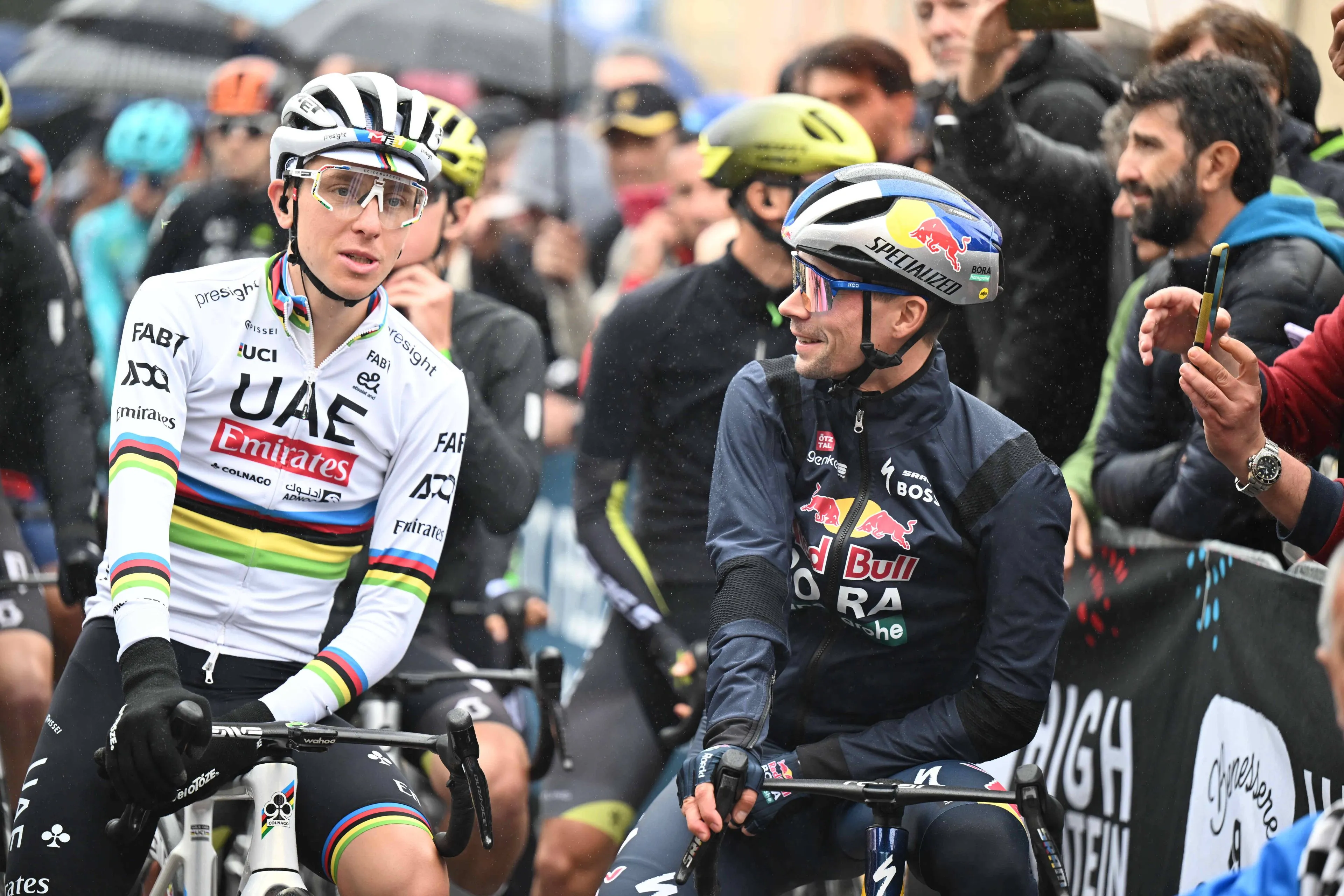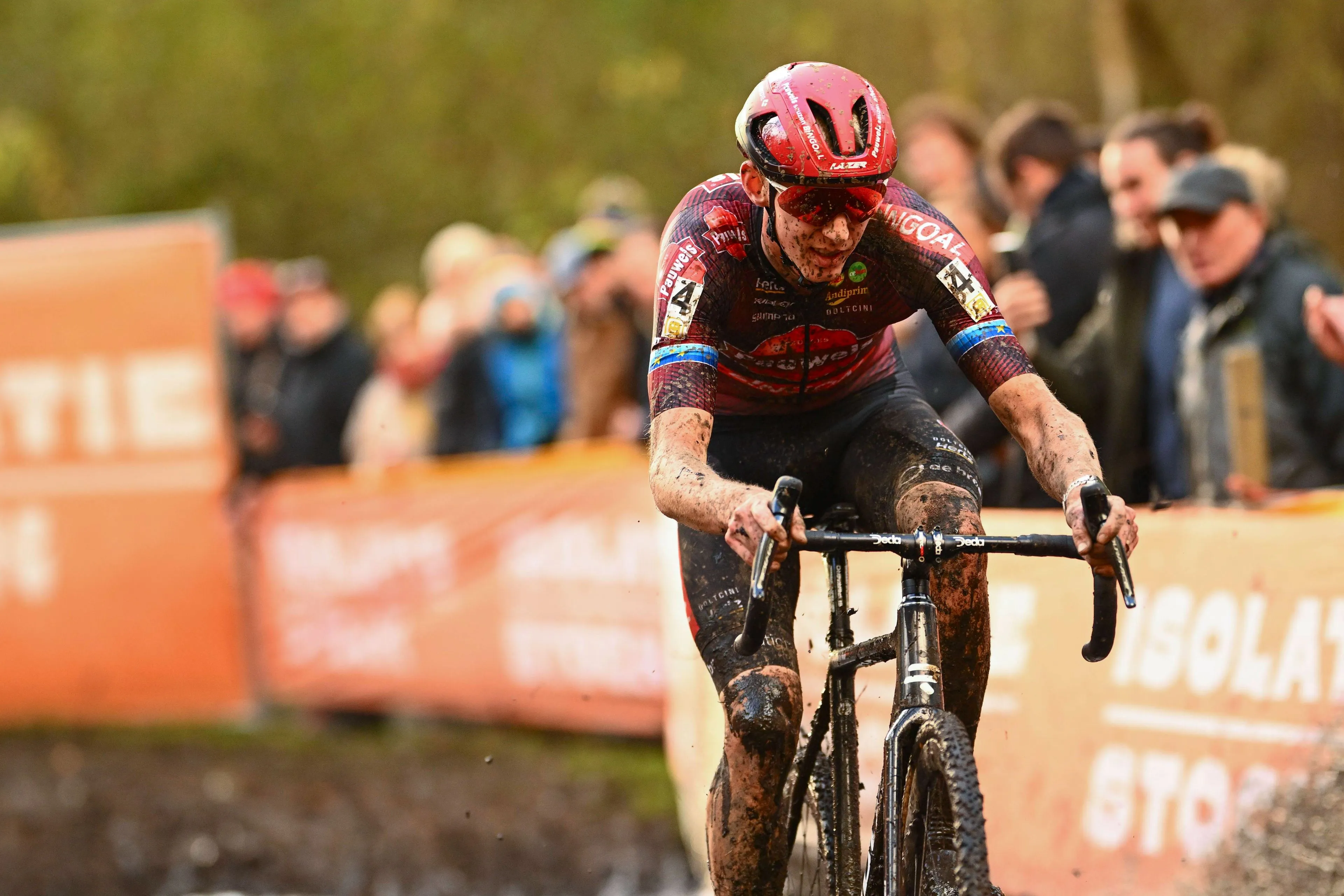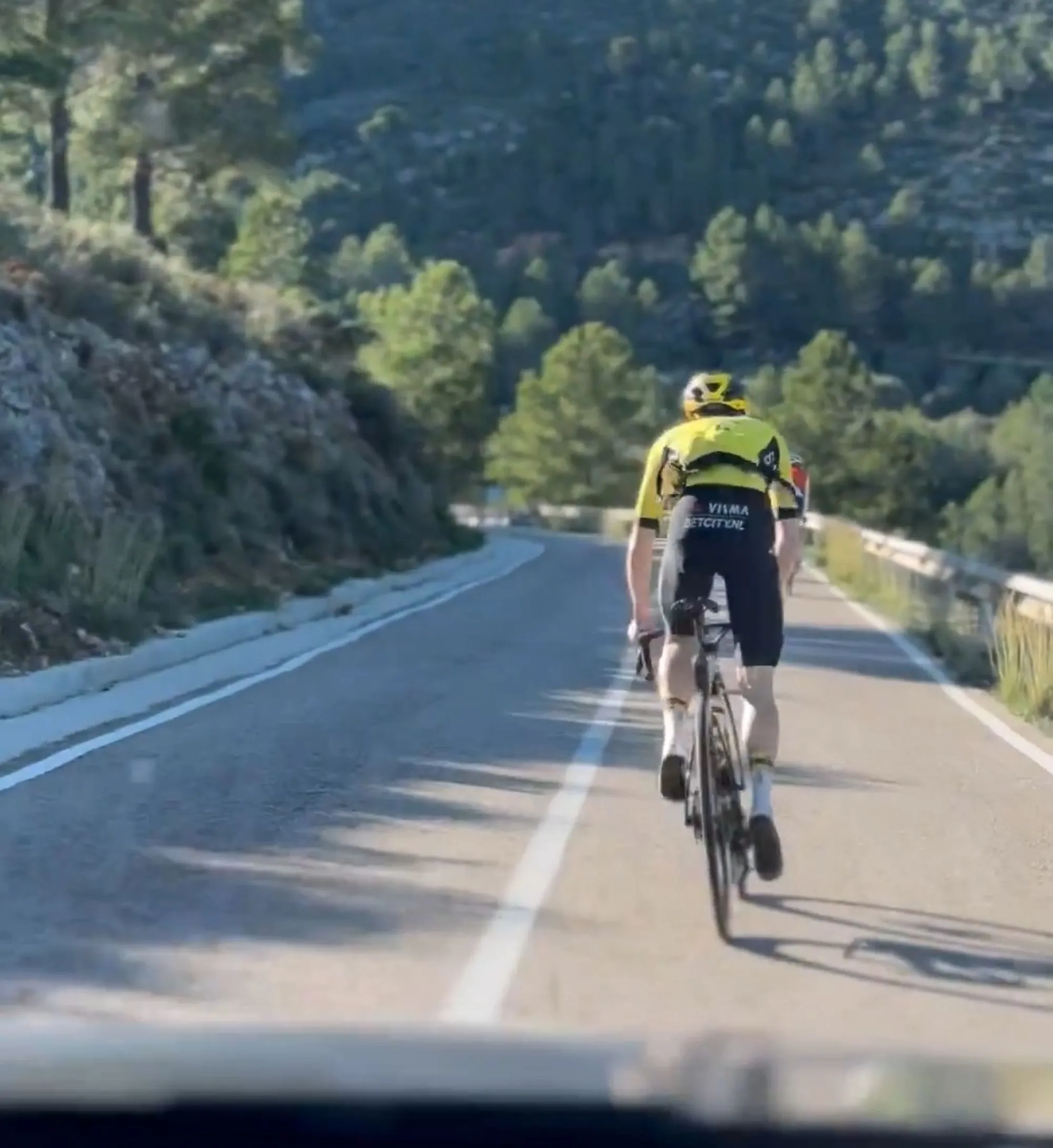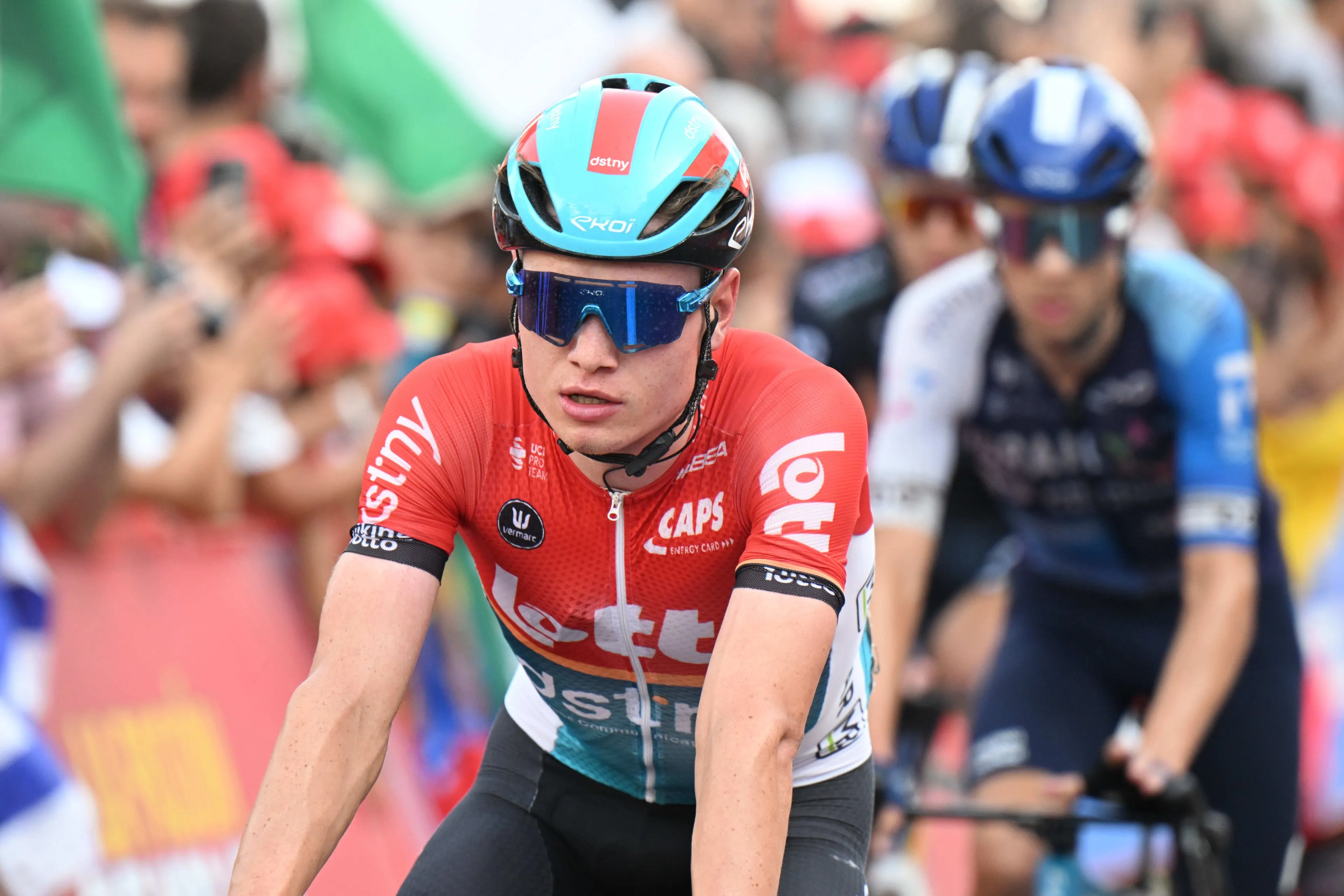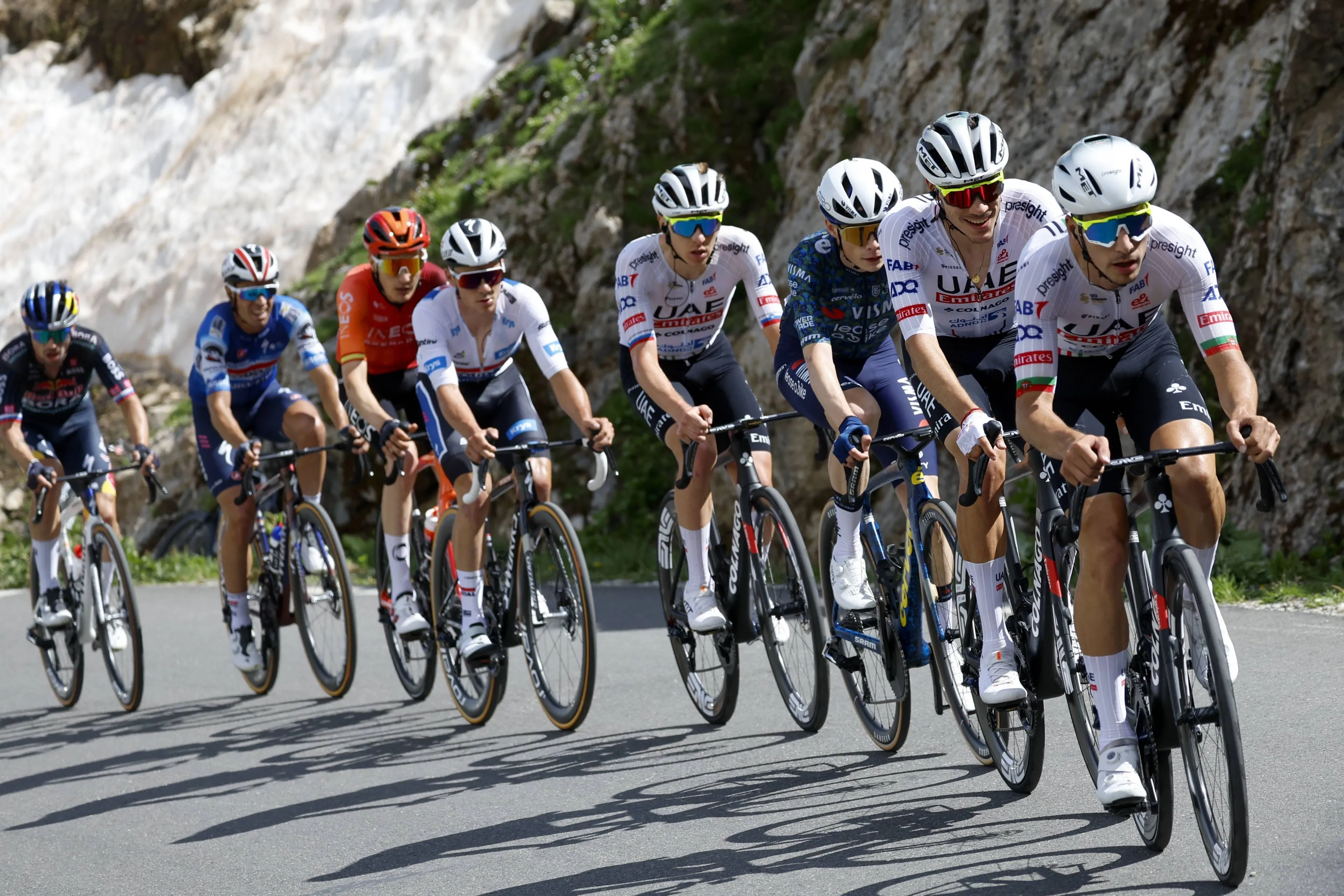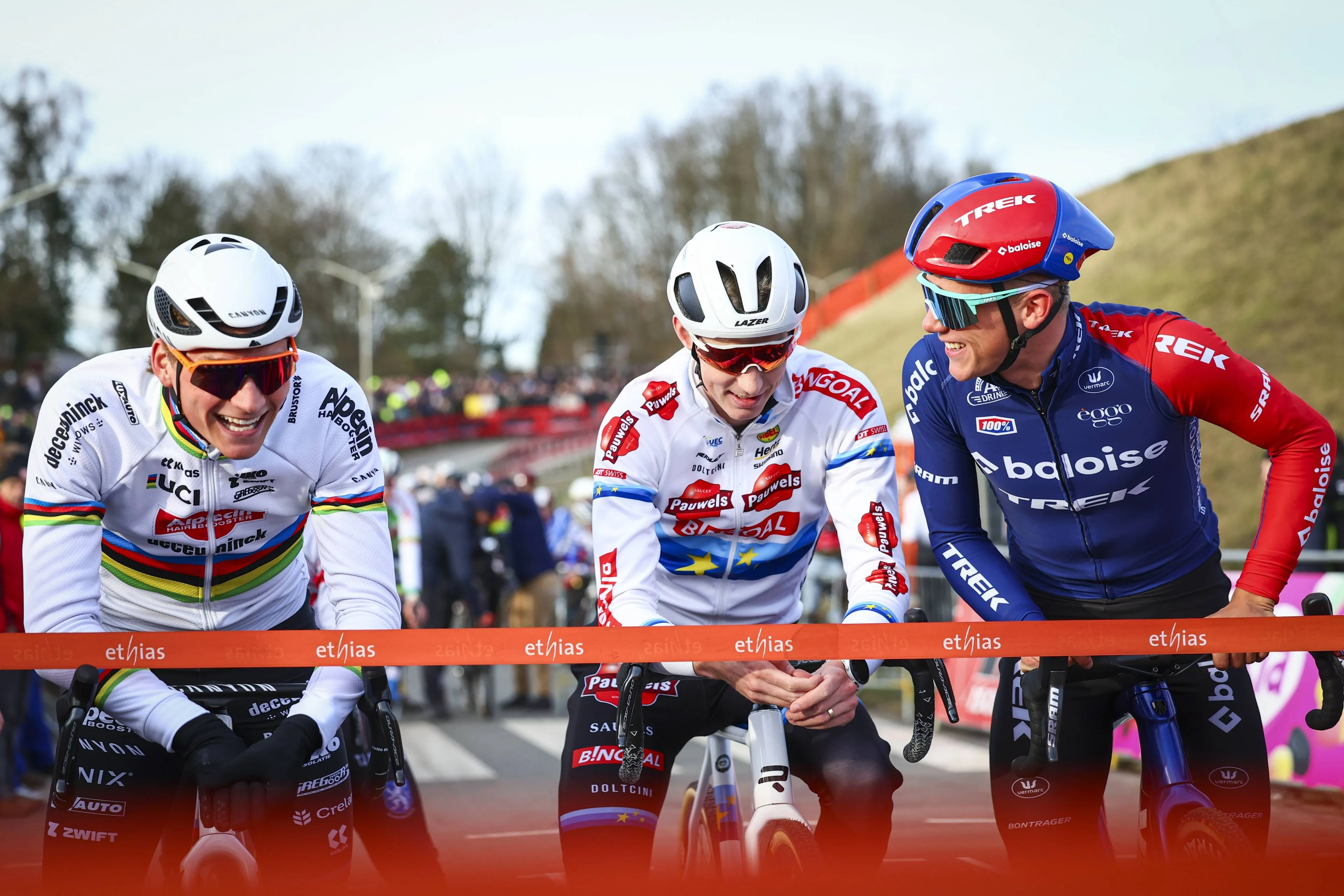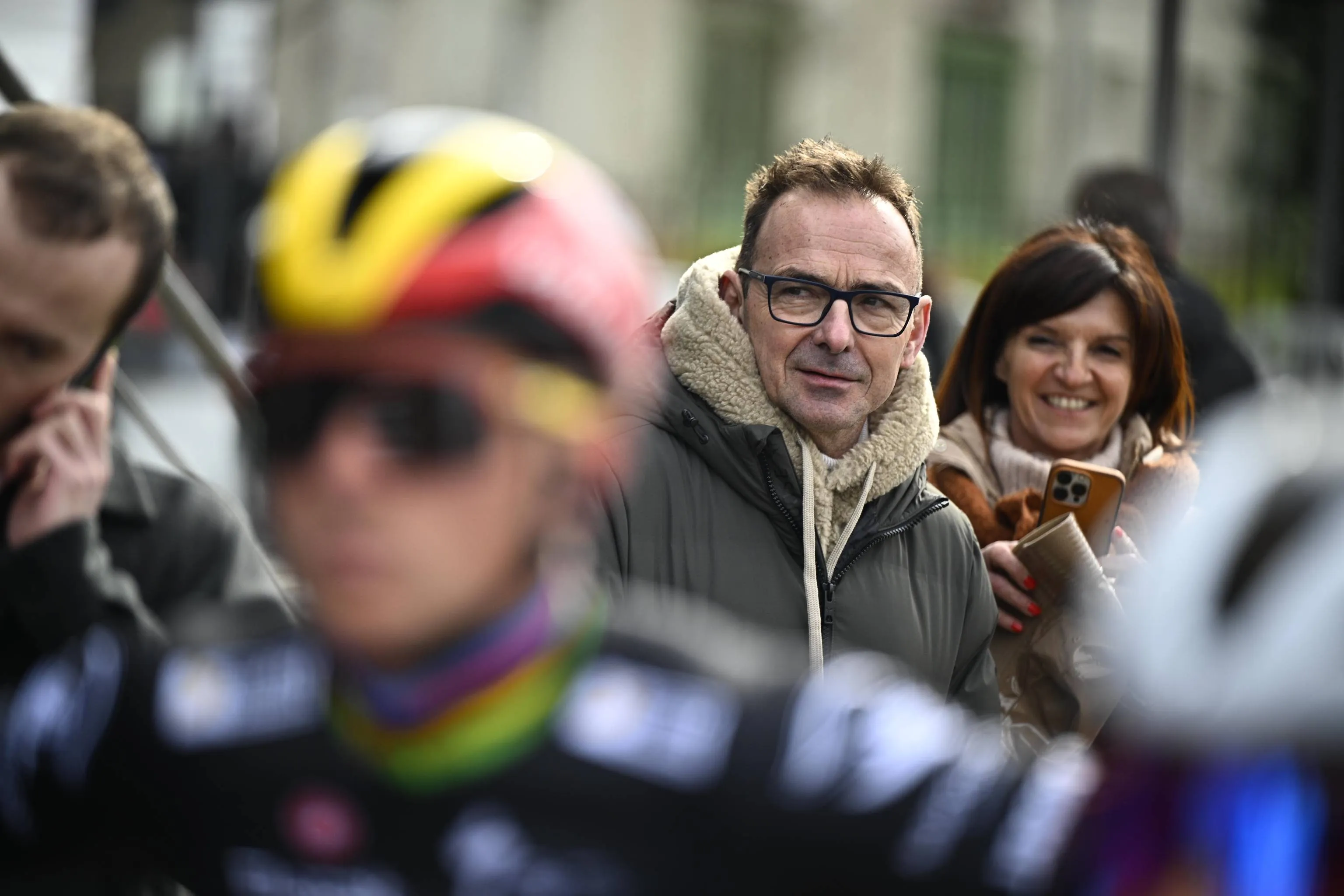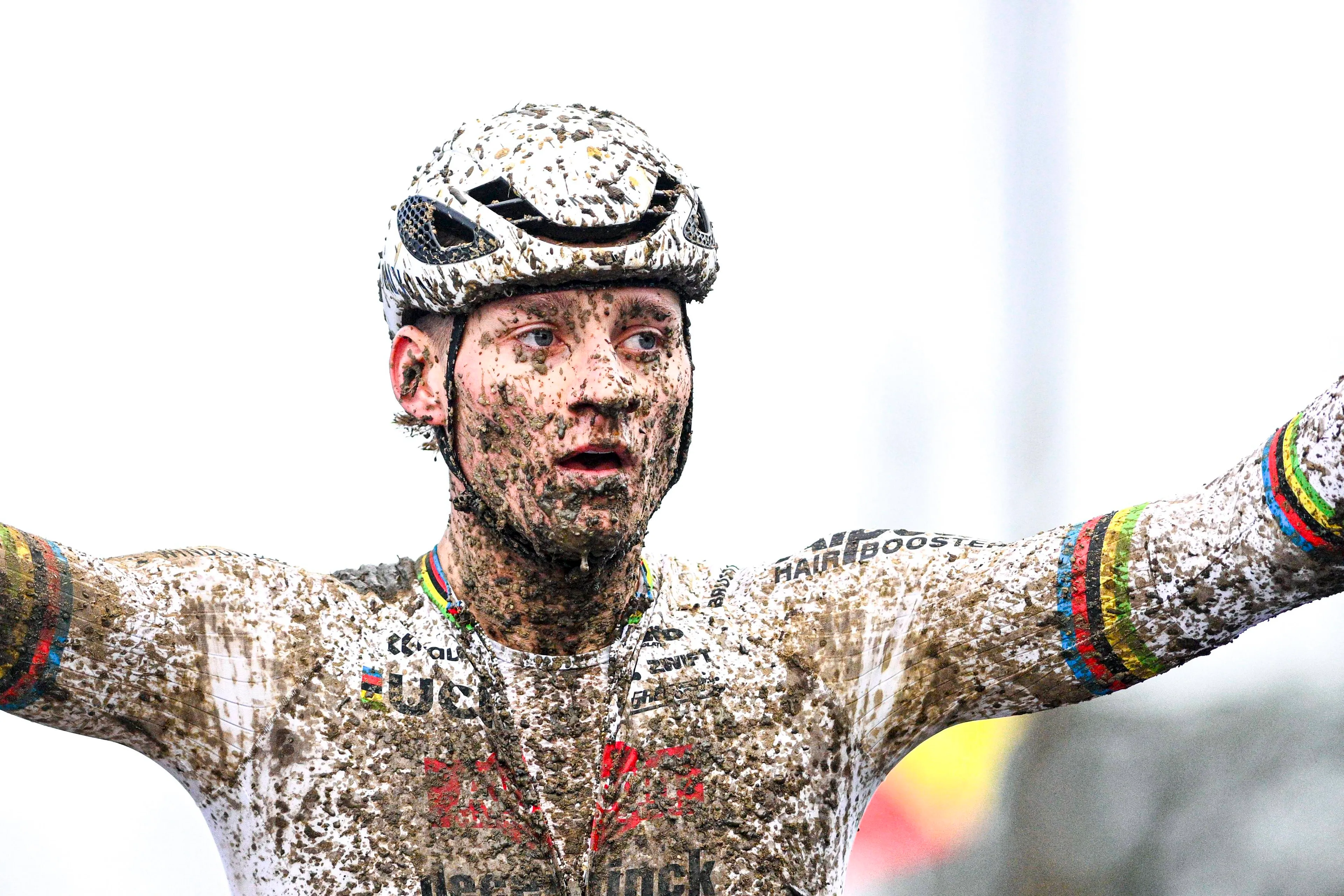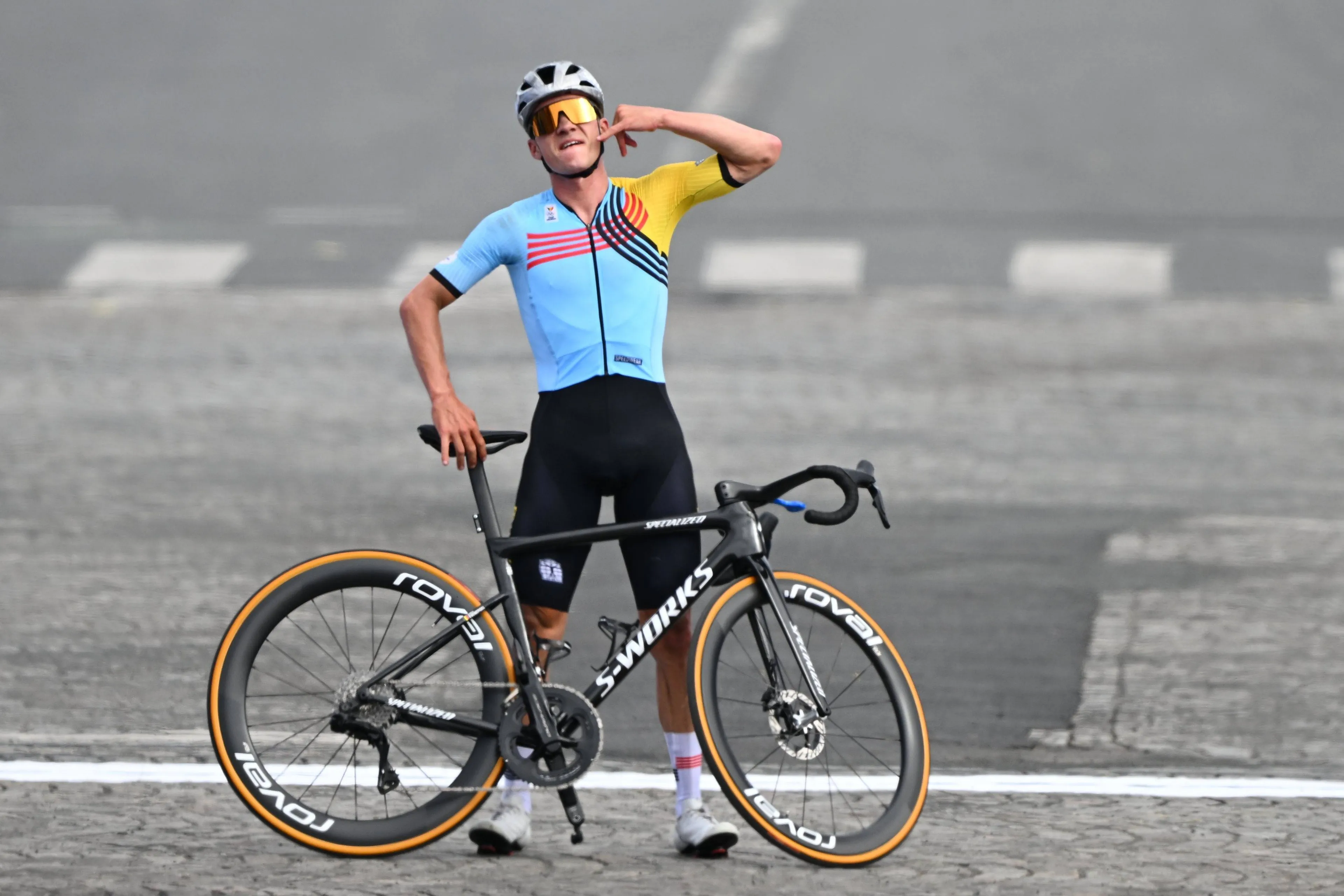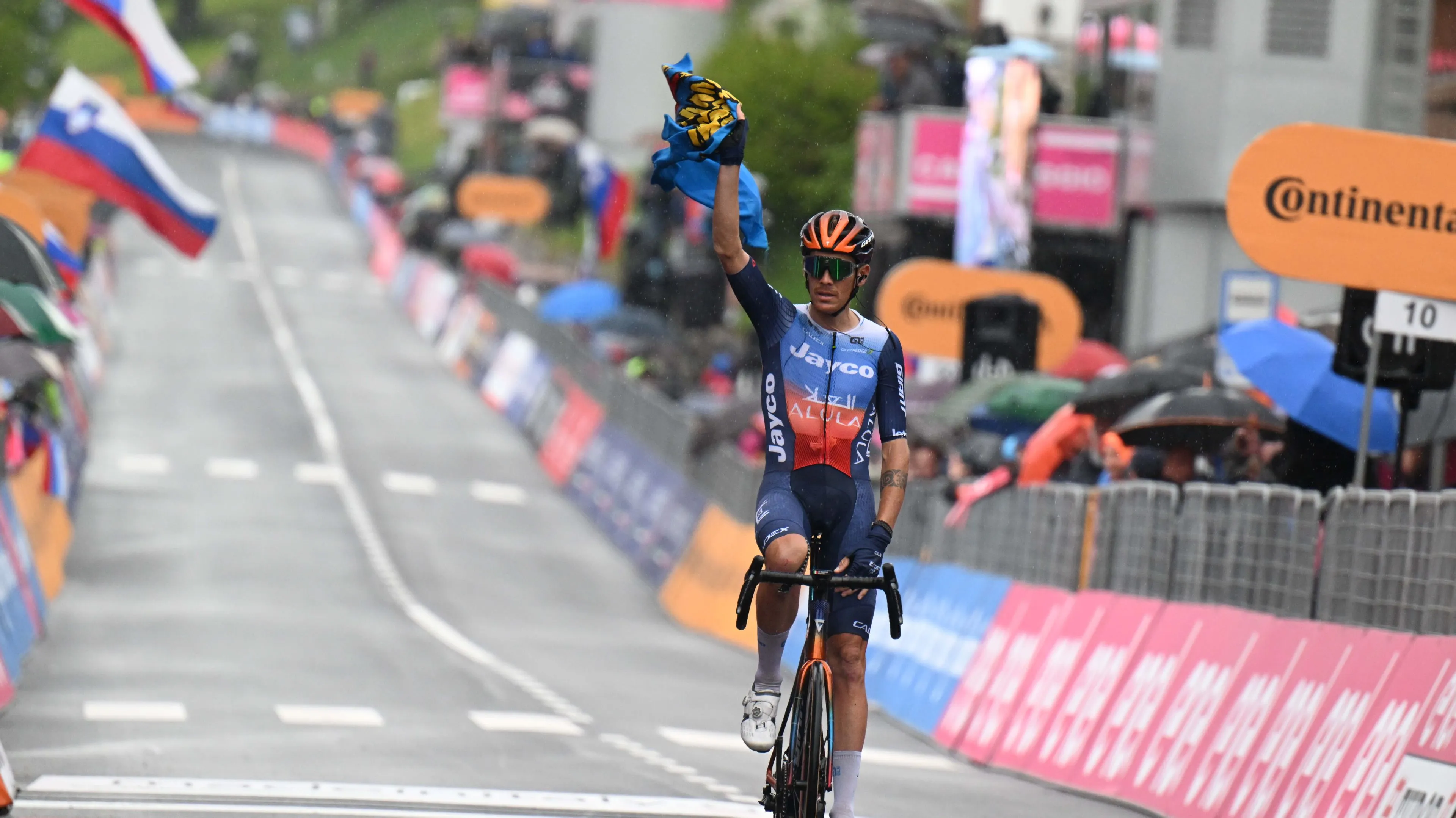Earlier this month, cycling fans were left frustrated once
again when the BBC Sports Personality of the Year 2024 initially appeared to
snub one of the sport’s greatest figures,
Mark Cavendish. While the decision
was later reversed, with
Cavendish receiving the Lifetime Achievement Award, it
raised a deeper question: why does cycling continue to be overlooked at major
awards ceremonies?
The frustration grew when the shortlist for the BBC Sports
Personality’s World Sport Star of the Year 2024 was revealed. The list, which
as previously been won by Lionel Messi, Max Verstappen, and Simone Biles,
celebrates some of the most remarkable sporting achievements of the year from
athletes outside of the UK. Yet, glaringly absent was
Tadej Pogacar, who in
2024 achieved what many believe to be the greatest cycling season in history.
Is it possible to achieve more than Tadej Pogacar in
2024?
To fully grasp the magnitude of the snub, we must look at
Pogacar’s incredible 2024. The 26-year-old Slovenian rewrote the history books
by winning the Giro d’Italia, the
Tour de France, and the World Championships
road race in the same year. This "triple crown" of cycling had only
been achieved twice before: by Eddy Merckx in 1974 and Stephen Roche in 1987.
But Pogacar achieved far more than winning cycling’s three
biggest races. He also won Strade Bianche with a jaw-dropping 81-kilometre solo
attack, Liège-Bastogne-Liège with another long-range move, and Il Lombardia, showing
he’s the best one day rider on the planet too. In total, Pogacar won an
astonishing 25 races, including 12 Grand Tour stages. His consistency across
three weeks in two different Grand Tours, coupled with his ability to dominate
one-day races, made his season one of the greatest in cycling history. Like Man
City’s treble winning season in 2023, and Max Verstappen win 19 out of 22 races
in 2023, Pogacar’s season was up there with the all time greatest sporting
years.
Tadej Pogacar was in a league of his own in 2024
Yet, despite this unparalleled success, Pogacar was nowhere
to be seen on the World Sport Star shortlist, let alone the recipient of the
award. What on earth did Pogacar have to do to make the list?
Comparing Pogacar to the 2024 World Sport Star nominees
The nominees for this year’s World Sport Star include Simone
Biles who returned to her very best at the 2024 Olympics in Paris, as the 27
year old became the oldest winner of the women’s all round title for 72 years.
Biles won three gold medals, and a silver, in what was undoubedtly another brilliant
year.
But was it better than Pogacar’s? Of course, that is
subjective, and we will be biased, but Biles’ year was not even her greatest
year ever (that came in 2016), let alone her sport’s greatest season.
Another superstar on the list in Armand Duplantis, the Swedish
Pole Vault world record holder. Not only did he win the gold in Paris, he also
broke his own world record on multiple occasions.
Chapeau, Mr Duplantis, but it’s not quite the triple crown
is it?
And then there’s Leon Marchand, the poster boy of the
Olympic games in Paris. Ok, we’ll admit it, winning four golds at your home
games is definitely comparable to Pogacar’s season, and Marchand is certainly
one of the top sportsmen on the planet.
He’s still not Pogacar though is he?
Why does cycling get overlooked?
This isn’t the first time cycling has been ignored by major
awards. The World Sport Star award, which dates back to 1960, has been given to
cyclists just once: to Jacques Anquetil in 1963, and Lance Armstrong’s original
2003 win was
rightfully rescinded following his doping scandal.One of the reasons cycling struggles for recognition is its
historical association with doping scandals. While the sport has worked hard to
rebuild its reputation, these past controversies continue to cast a shadow. For
many outside the cycling world, achievements like Pogacar’s are met with
scepticism, despite modern cycling being subject to some of the most rigorous
anti-doping measures in all of sport.
Another factor is the perception of accessibility. Unlike
football, where millions of fans can play in their local park, or gymnastics,
which captivates audiences with its artistic flair, cycling is often seen as a
niche sport. But this view ignores the sheer global reach of the sport, with
Grand Tours like the Tour de France drawing billions of viewers annually.
What’s frustrating is the double standard that exists when
recognising greatness in cycling versus other sports. Athletes like Eliud
Kipchoge, who has won the World Sport Star award, are celebrated for their
endurance and physicality. Yet Pogacar, who showcases these same qualities
across events that last weeks, not days, is ignored entirely.
A stage of the Tour de France can last up to six hours, with
riders burning upwards of 6,000 calories a day while climbing mountains that
would leave most recreational cyclists gasping for air. And they do this for 21
days. 21! You only need to take one look at a professional cyclist to
understand just how much they sacrifice, but why still are the professionals
not recognised globally?
The sheer dedication required to succeed in cycling is
unparalleled, as athletes must train for hours every day, through the cold,
rain and snow. Their diets are meticulously controlled, and they sacrifice much
of their personal lives to focus on their sport. Pogacar, like the rest of
cycling’s elite, will have given up just about everything in their personal
lives, just to have a shot at sporting greatness. Of course, this can be said
about any elite sportsman, so why aren’t they recognised as equals?
What must cycling's biggest stars do to gain more recognition?
Pogacar’s achievements also highlight the unique physical
demands of cycling, as his triple crown requires him to peak multiple times in
a single year, a feat rarely seen in other sports. Footballers of course have
to be at consistently high level throughout the year, but they do not require
the cardiovascular condition of other sports.
And unlike in sports like Formula 1, where the equipment can
certainly play a role in the outcome, cycling is a pure test of human strength
and endurance. Yes, you definitely need the right team around you, and Pogacar
had that with his
UAE Team Emirates super team in 2024. But what about in
Zurich in September, when Pogacar’s victory at the World Championships came
from a 100-kilometre solo breakaway? There was no team tactics helping him out
on that occasion!
Why recognition matters
The lack of recognition for Pogacar’s achievements isn’t
just an oversight; it’s a failure to recognise the sport as a whole.
Recognition at major awards ceremonies helps elevate the profile of a sport,
inspiring the next generation of athletes and attracting new fans, and cycling in
the
UK will fail to benefit from that this year.By snubbing Pogacar, the BBC and other global awards
perpetuate the idea that cycling is a lesser sport, unworthy of the same
accolades given to footballers, F1 drivers, or other Olympic athletes. This is
not only unfair but also inaccurate, given the incredible sacrifices and
achievements of cyclists like Pogacar.
This isn’t an argument that Pogacar had a better year than
Marchand or Biles or any of the other truly special athletes from other sports,
it’s a question as to why he was left off of the list entirely.
Cycling deserves its place alongside the world’s greatest
sports, and Pogacar’s 2024 season is the perfect example of why. His
achievements are a reminder the sport’s unique demands and its ability to
produce moments of pure athletic brilliance, and show you just how one man can
push himself for greatness.
As we celebrate the achievements of the other athletes on
the list, let’s not forget the feats of Pogacar, Cavendish, and others in the
cycling world. Because if cycling continues to be overlooked, we risk ignoring
some of the greatest sporting stories of our time.
Cycling, with its history, global reach, and unmatched
physicality, deserves better. And so does Tadej Pogacar.

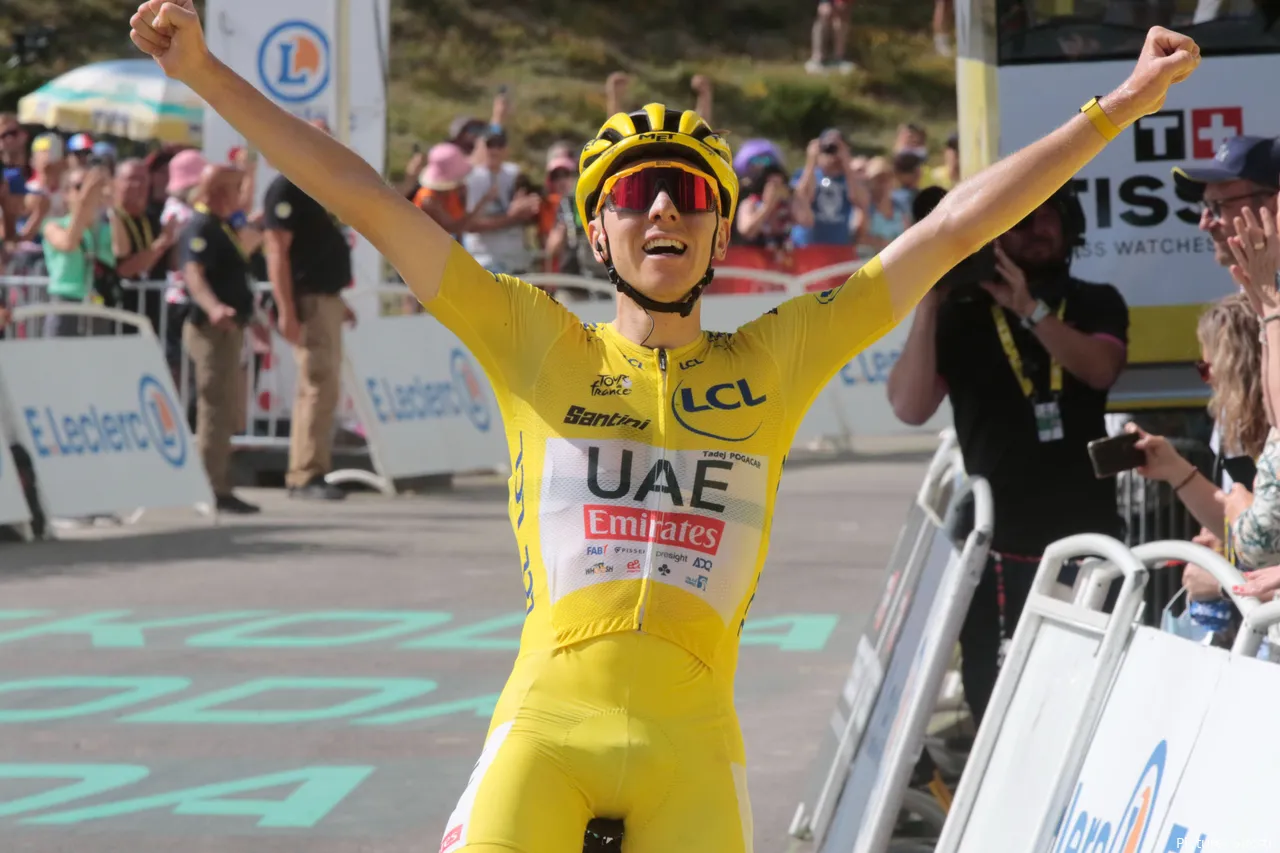
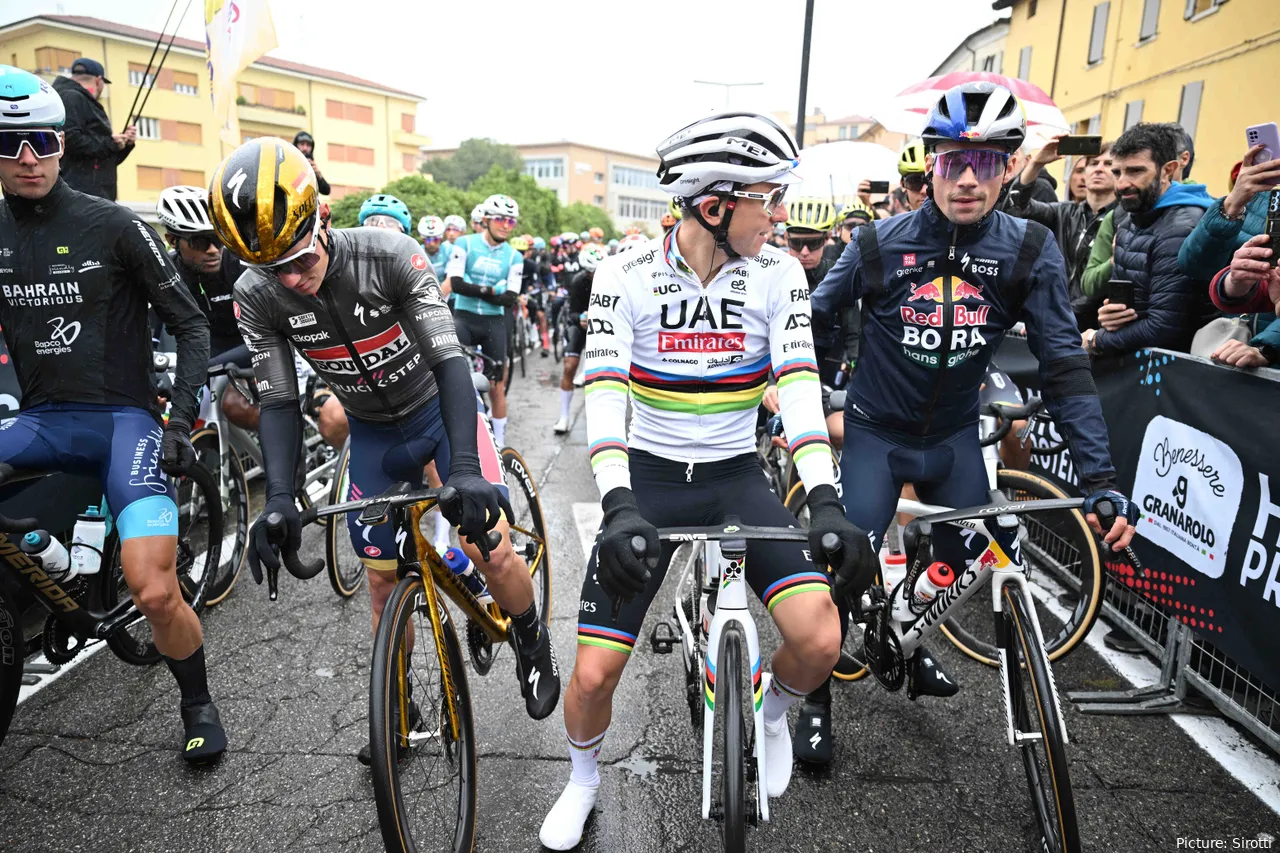

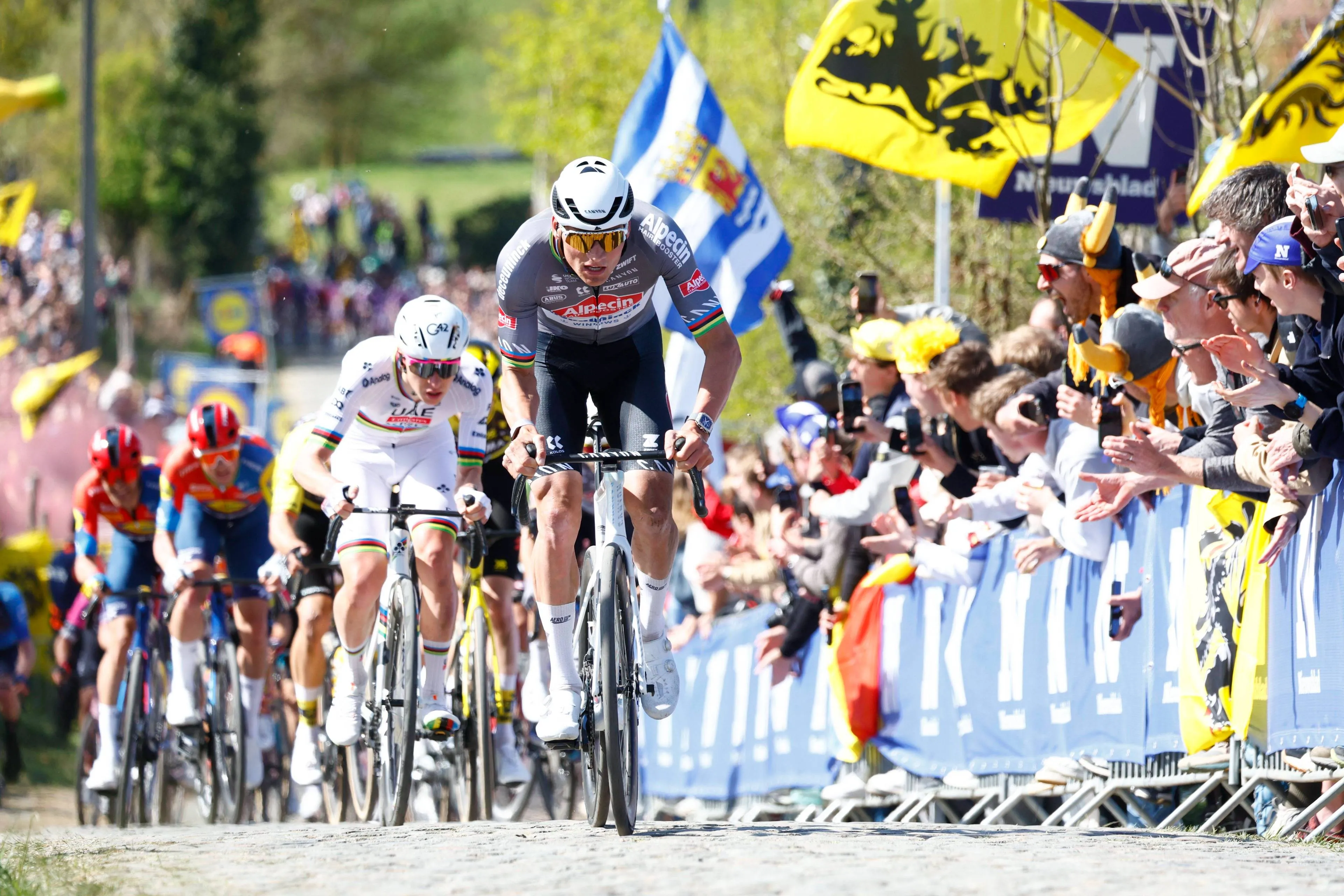
 maria2024202417-04-2025
maria2024202417-04-2025 maria2024202417-04-2025
maria2024202417-04-2025 leedorney17-04-2025
leedorney17-04-2025